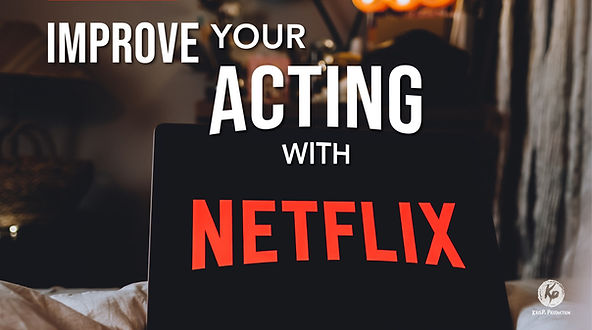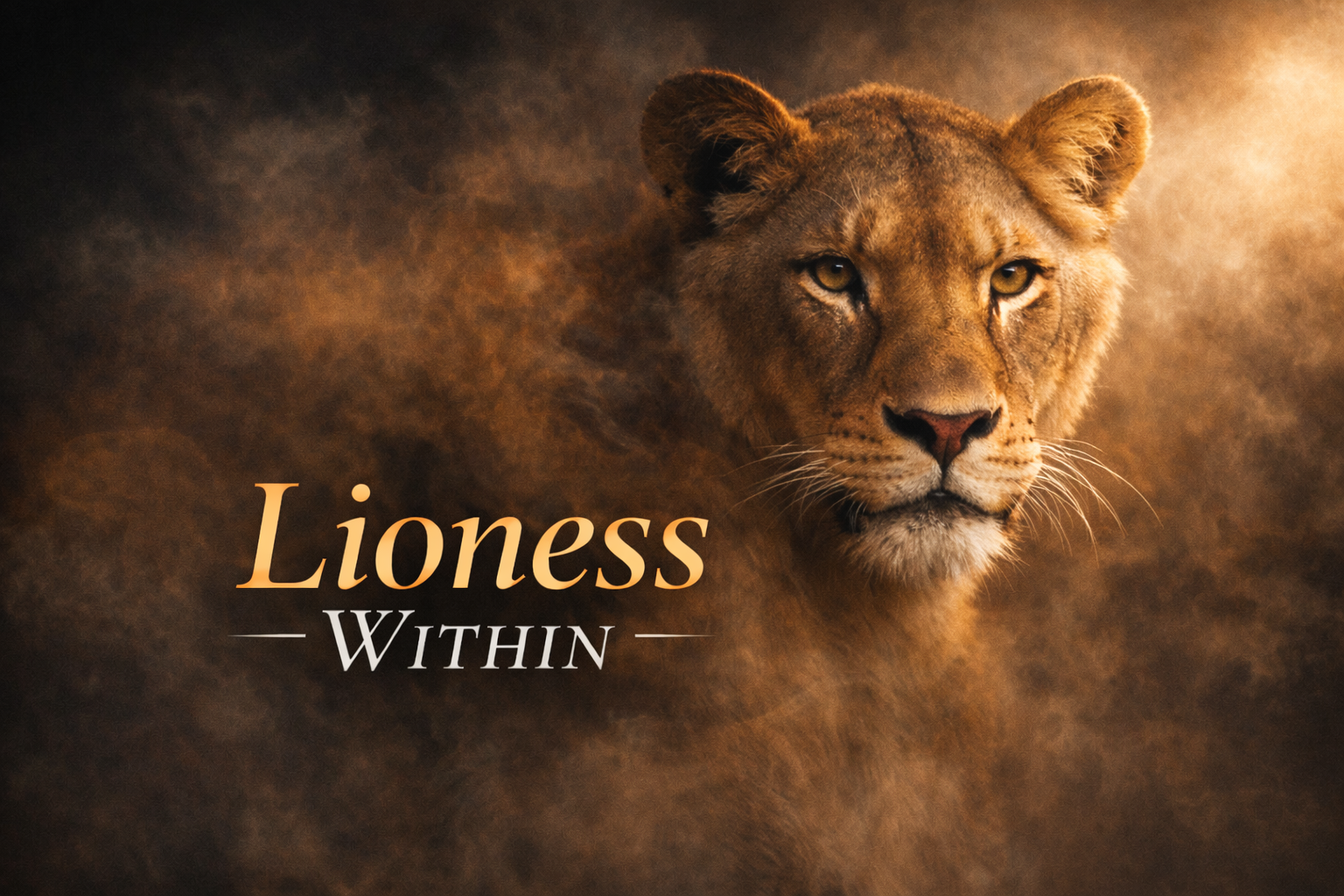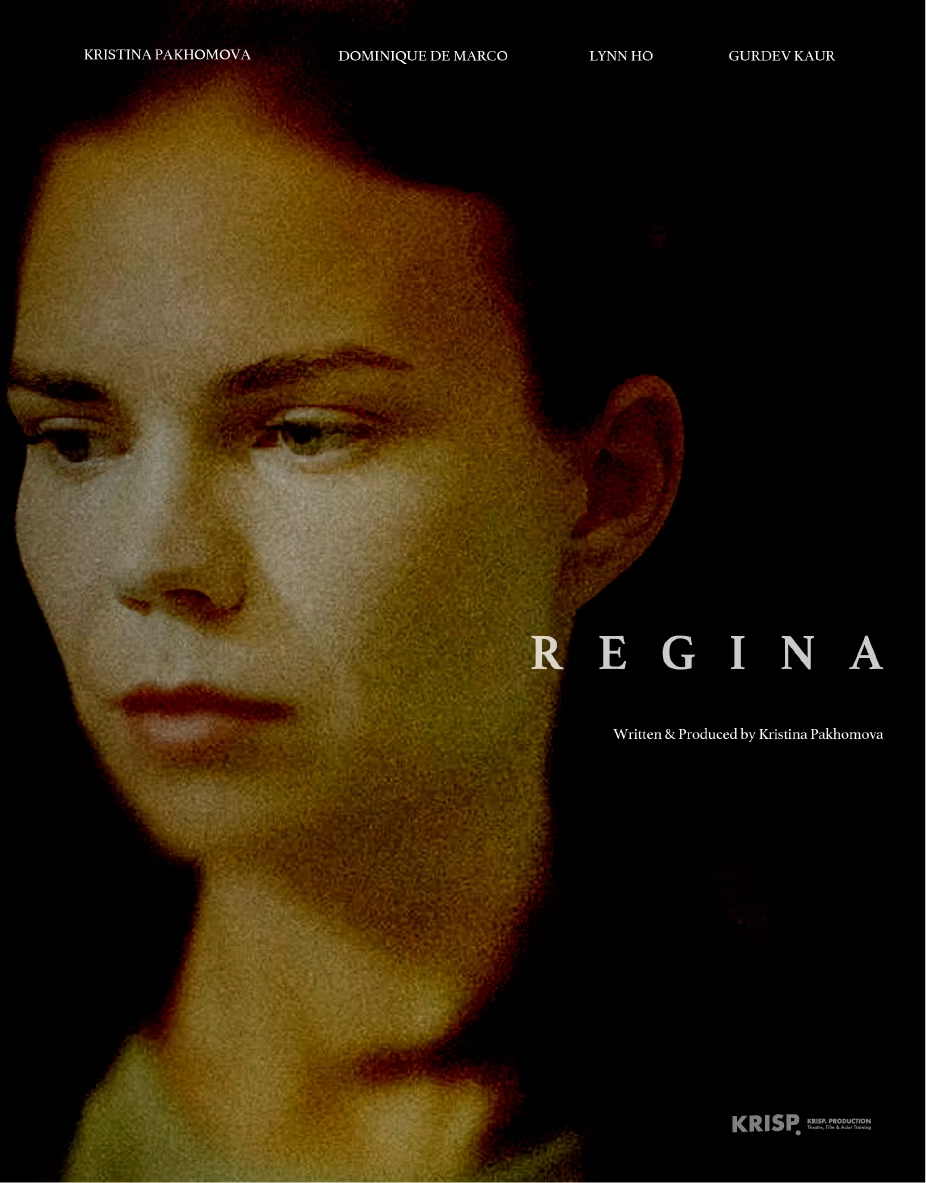We’re still raving about how much we learned from Ines Laimins in our latest Krispy Talk, so much so that we’re thinking if we should write up a cheat sheet post for it. Where to find what, etc. Let us know in the comments if you’d like that!
That said, as advocates of practical advice, while watching the Krispy Talk our ears pricked up at the words “watch”, “Netflix”, and “everyday”—not said in consecutive order—and viola! This blog post was written.
So how can you use Netflix to keep your acting muscles active?
Find Your Character Archetype
Your character archetype or actor type, simply put, is the character you fit the most. Physically and personality-wise. We know many of you can play a diverse range of roles, but the truth of the film & theatre industry is that you will be judged by your cover.
Recall any movie or tv series you’ve seen where you weren’t completely sold on the character because they didn’t look like a convincing soccer mom. Or an annoying girl from America, wed to a member of an English gang. Exactly.
Knowing your character type shows professionalism and experience. Why? It will help you pick the right auditions to go for and give you a better idea about how you should look or dress when you audition. So when you show up, you give the folk at casting someone closer to who they’re looking for, therefore increasing your booking rate!
How do you find your type and what are the most common archetypes? Our brilliant friends at the Theatre of Others have dedicated an entire podcast episode to this here.
If you’d prefer to read, below is an excerpt from Backstage.com that could help. Employ complete honesty when doing this, and remember to be grateful and accepting of yourself. This is simply a process in the business of acting that allows for the most convincing realisation of a story.
How to find your type
- Take a look in the mirror and do an honest assessment. “Pay attention to your face, your weight, your ethnicity, and your personality,” says acting coach Matt Newton. “Do you have a receding hairline? Do you have a thick accent? Listen to your voice. Do you sound smart and articulate when you talk, or do you sound uneducated? Be. Honest.”
- Ask your friends and colleagues for feedback. Try requesting 10 adjectives from friends of friends and cursory colleagues—that is, people who don’t know you well. “First impressions are great,” says Cartwright. Cast an even wider net by posting on Facebook, Instagram, or Twitter and asking people to list the qualities they would use to describe you to a stranger or include in your online dating profile. “It might sound something like this: ‘She’s really genuine, whip smart, caring, loyal, very observant, sweet, non-judgmental, someone you’d want to go to when you’re down, humble, and just really pretty,’” session director Shaan Sharma says.
- Review your acting history and note any patterns. Make a list of your past credits and see if you can spot similarities among the roles. “What do you tend to get called in for and book?” Cartwright asks. “If you aren’t getting seen for the types of roles you want, now is a good time to look at what you need to work on as an actor to shape your career. It could also be a time to understand and further develop what is already working for you.”
- Watch films, shows and plays to identify types that you could play well. All actors should be consumers of the craft via film, TV, and theater. While watching, note the different kinds of characters you see and “envision yourself playing a certain type of character on the show,” says casting director Lisa London. “List the different emotions, personalities, attitudes, and qualities that the roles demand [and] add the ones you feel you could do well to your ‘Type List.’”
- Take an acting class or workshop. It can be hugely helpful to take a scene study workshop, on-camera class, or improv training course with professional coaches who can guide you toward identifying your type. Classes and workshops provide you with a new outlook on what kinds of roles are most emotionally accessible to you and what types of characters are in your wheelhouse. Krispy Drama Studio is currently enrolling for our final round of Acting Classes for Adults in Hong Kong (moving to Singapore soon!). Find out more about the learning objectives and register here!
What are the most common actor types?
- Queen bee / ball-busting CEO: The younger version of this type is Regina George from “Mean Girls,” a popular and attractive teen who rules the school. An older version is a powerful, sexy executive who “has it all” but still wants more.
- Girl next door / soccer mom: Both the teenage and adult versions of this role are wholesome, trustworthy, and approachable. Think of Taylor Swift’s caricature from 2009’s “You Belong With Me” music video: She’s a literal girl next door, but she’s also friendly and crushable, someone you’d feel comfortable confiding in. The adult version might be a smart, kind, competent mom in the suburbs.
- Geek: There are male and female versions of the geek or nerd, but no matter the gender, this character is bright, bookish, and socially awkward. The adult version could be a highly successful professional who is still pretty awkward (like the tech bro played by Kumail Nanjiani on “Silicon Valley”).
- Bad boy biker / villain: This character doesn’t have to be an actual biker, but should dress the part (think: leather jacket, greased hair, tattered jeans, a la “Cry Baby”-era Johnny Depp), and should have an air of mystery about him, as though beneath the tough exterior lurks a bruised but resilient man. The adult version of this type is brooding and misunderstood, with a checkered past that compels him to do bad things.
- Jock / goofy suburban dad: The younger version of this type could be a lovable bro with no interest in school, or an aggressive meathead who bullies the geeks. These characters grow up to become doofy dads and baseball coaches, or sometimes rage-filled losers, tormented by the fact that their glory days are behind them.
Find Movies/ TV Series with Your Character Type
What next?
In your list of favorites, note the scenes that you particularly like and rewatch them over and over, observing all the moving parts of the film come together. What were the other options available to the actor? Why did the actor choose that way of portrayal? How did they block that scene?
You’ll notice different aspects of layers of the scene the more you watch it, so in terms of what kinds of observations and insights you’re gonna get, the possibilities really are endless. And if you’d like a second opinion on a certain observation that you’re planning to apply to your own practice, feel welcome to ask a mentor, a colleague, or our founder, Kristina! She’d be more than happy to give you her 2 cents.
We hope this article helped and that you’re as stoked about trying this method out as we are. Should you wish to discover your character archetype or actor type with the help of our founder, Kristina, in the setting of an acting workshop, you can check out our new round of Acting Classes for Beginners here!





